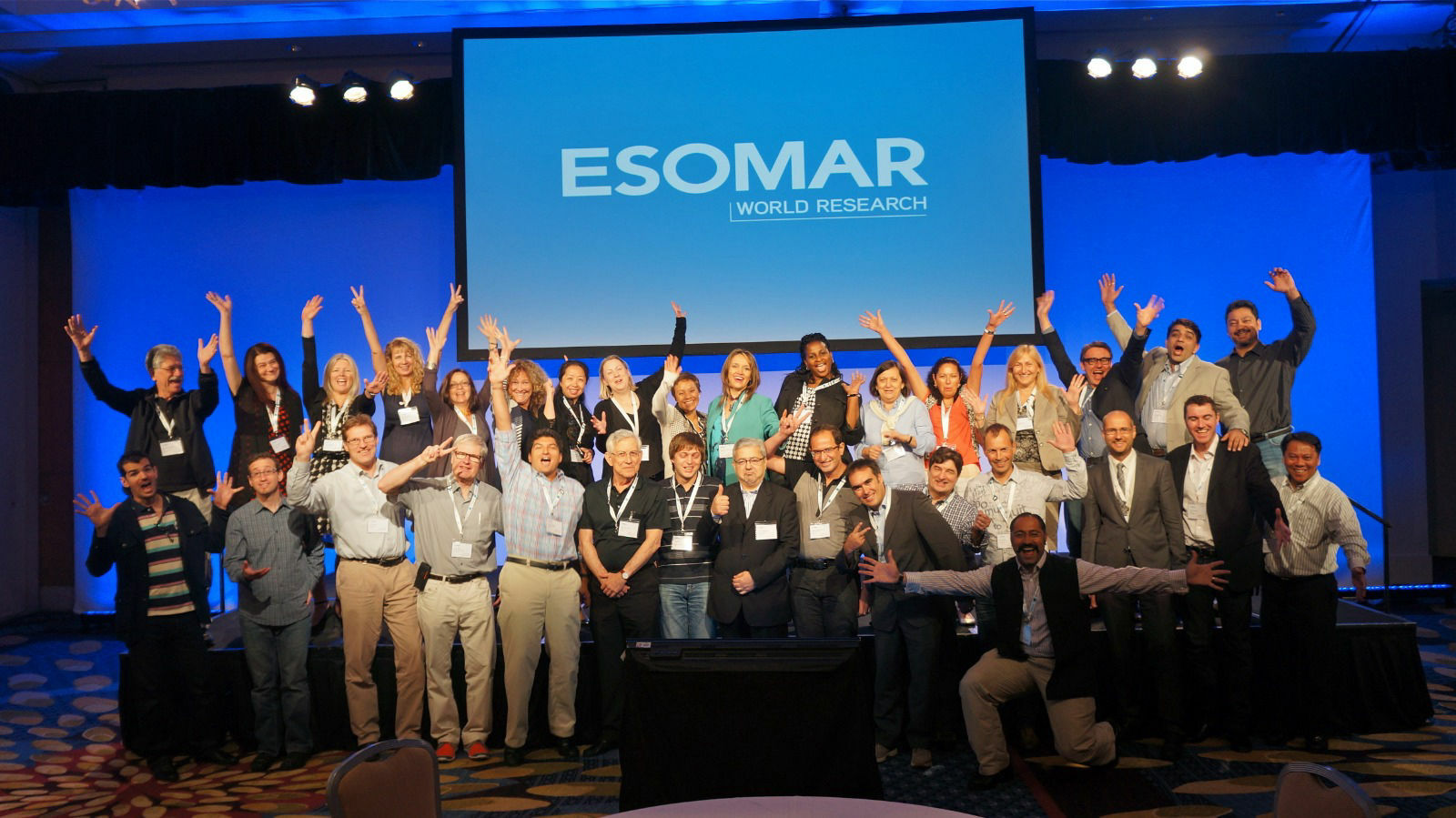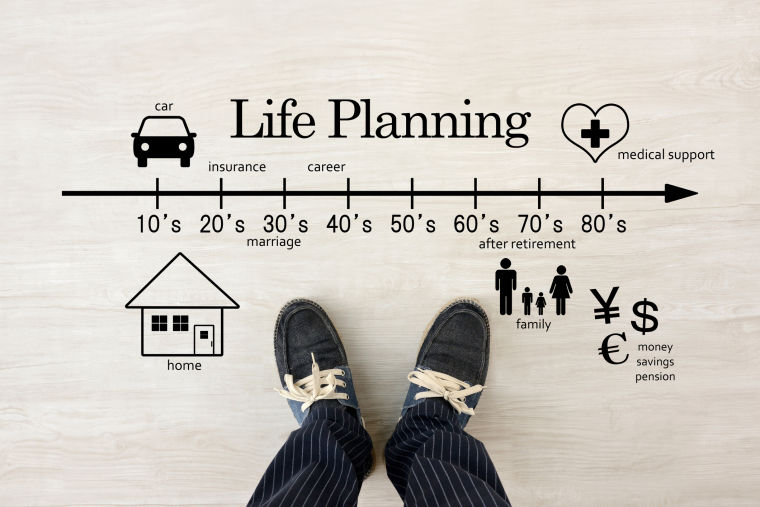The science of happiness I appreciate is a well explored subject that psychologist, ecologist, social scientist around the world have invested a lot of effort into trying to understand.
But its not the type of topic that market researchers normally get a chance to explore. So much of what we spend our lives doing is driven by a commercial agenda, trying to understand consumer decision making, mapping opinions about brands and products and advertising. Very rarely do we get a chance to examine more esoteric theme like this.
Last year we had a bit of a unique opportunity to ask the world some questions – my company was testing out how quickly it could sample representative audiences in a cross-section of different countries around the world and to do this they needed a test survey that they asked me to create. So I thought this was a great chance to ask some question that market researchers don’t normally get a chance to ask at a global scale. I invited my contacts on LinkedIn to make some suggestions of questions they would be most curious to know the answer to but never had a chance to ask.
What I received were some incredibly thoughtful ideas, including questions about how people see themselves, their perspective on what would make them happy, how they envisage the future, what their life’s moto would be, what they ate for dinner last night.
What I then did was piece all these ideas into a survey where I also added questions about peoples lifestyles and interests, their living circumstances, their plans and expectations and some core question about how happy people felt. To avoid leading people’s responses, we asked the questions as mostly open-ended questions.
We then fielded this survey to 20,000 people across 10 different countries around the world and ended up gathered over 130,000 open ended comments which we translated coded and classified. I then decided to hand all this data back over to the researchers who had suggested the original questions to independently analyse, with no direct commercial agenda, simply to discover some stories. Each of them undertook detail analysis of specific slices of the data using their own pioneering mythologies, whilst I focused on looking broadly at all the responses to examine some of the underlying collations between answers to different questions.
What we learn from this process was quite fascinating - everyone managed to find a unique stories from this data.
On the surface of the data there are some fascinating differences. Levels of happiness vary dramatically around the world, people in India and Latin America appear to be measurably happier than people in Europe and North American. Happier people are much more likely to own things like air fryers, smart speakers, and digital radios and have a premium TV steaming service. Happier people, go to the pub more often, like watching sport, plan holidays, keep fit, cook more and are more likely to eat certain types of food. They are better educated, more likely to be married and bringing up a family. Peoples attitudes seems to predict happiness as well. Those that say they care about the planet, say that you should be content with what you have, think you should work hard, who express a religious faith all appear to be happier.
On the negative side key indicators of unhappiness appear to be centred around expressions of stress, not having a job, lack of money, not having an independent form of transport, wanting to find love, wanting to give up things like smoking.
There are some interesting differences by country to the question that was asked about what would make you happier. In America top answers include lose weight, get a new car and earn more money, but in Japan it was get more sleep. In the developing markets of China, India and Brazil the answers were much more likely to be about buying things but in Northern European countries like the Netherlands, the focus was more on simplifying life.
The hard part is separating between the wheat and the chaff what is real and what is an illusion in all this data.
Does owning an air fryer really make you happier?
When you weight for cultural differences in how respondents answer scale questions and when you account for levels of overclaim which impacts some questions a lot more than others the happiness differences between countries all but disappears. It turns out that overclaiming owning higher status items like smart speakers highly correlates with overclaiming about happiness and again these differences evaporate - so don’t rush out and buy an air fryer, it won’t make you happier.
Once we weighted for these two factors a number of happiness indicators flattened out while others were reduced in significance. There were, however, a few gems that immerge even stronger in the data. What we observed consistently though was that the source of unhappiness was not impacted by overclaim weighting i.e. people don’t tend to exaggerate being unhappy.
Diet and the link to happiness
One of the fascinating things we discovered was that respondents who told us they ate some form of fermented food for dinner (kimchi, yogurt, Sauerkraut) and those who ate vegetarian food were measurably happier than the meat eaters. Interestingly those who ate fast-food were overall the least happy. With all the interesting science that has emerged in recent years linking healthy gut biome to serotonin regulation – could this be the explanation for this? I don’t know.
The importance of intellectual and social engagement
There are some other interesting broad themes. Having any form of interest seems to be linked with higher happiness scores but we found levels of happiness spiked amongst people who told us the were members of clubs, social groups or doing evening classes. Underlining the value of social interaction to our sense of wellbeing.
Fitness
The other stand out happiness differentiator was around people mentioning any exercise or physical activity, be it keep fit, walking, gardening. It’s difficult to know whether happier people are more likely to be motivated to do exercise or if simply doing exercise per say makes you happier but there is a strong link between fitness and happiness in this survey.
Form strong relationships
The most notable observation comes from the question where we asked people to describe themselves in 5 words. Those people who referred to themselves in relationship terms e.g. I am a husband, wife, mother, father in index terms were overall the happiest scoring group in the research. Women who described themselves as a wife indexed at 200% on happiness, men who described themselves as a husband index 700% on happiness.
So, in a nutshell, if you are looking for happiness, eat well, join a club, start doing some exercise and work on developing your personal relationship.
Interested in hearing more?
Jon Puleston
Vice-President Innovation Profiles Division at KantarJon Puleston serves as Vice President of Innovation for Kantar's Profiles Division. In this role, he heads QuestionArts, an international team specializing in the design of surveys and the development of specialist tools and technology for conducting research in the online and mobile arena. Additionally, he serves as a consultant on survey design best practice to companies around the world.
Over the last few years he and his team have won multiple awards for their ground breaking research on research exploring survey design methodology and in particular for their work in the field of gamification of research, survey optimization and prediction science.



